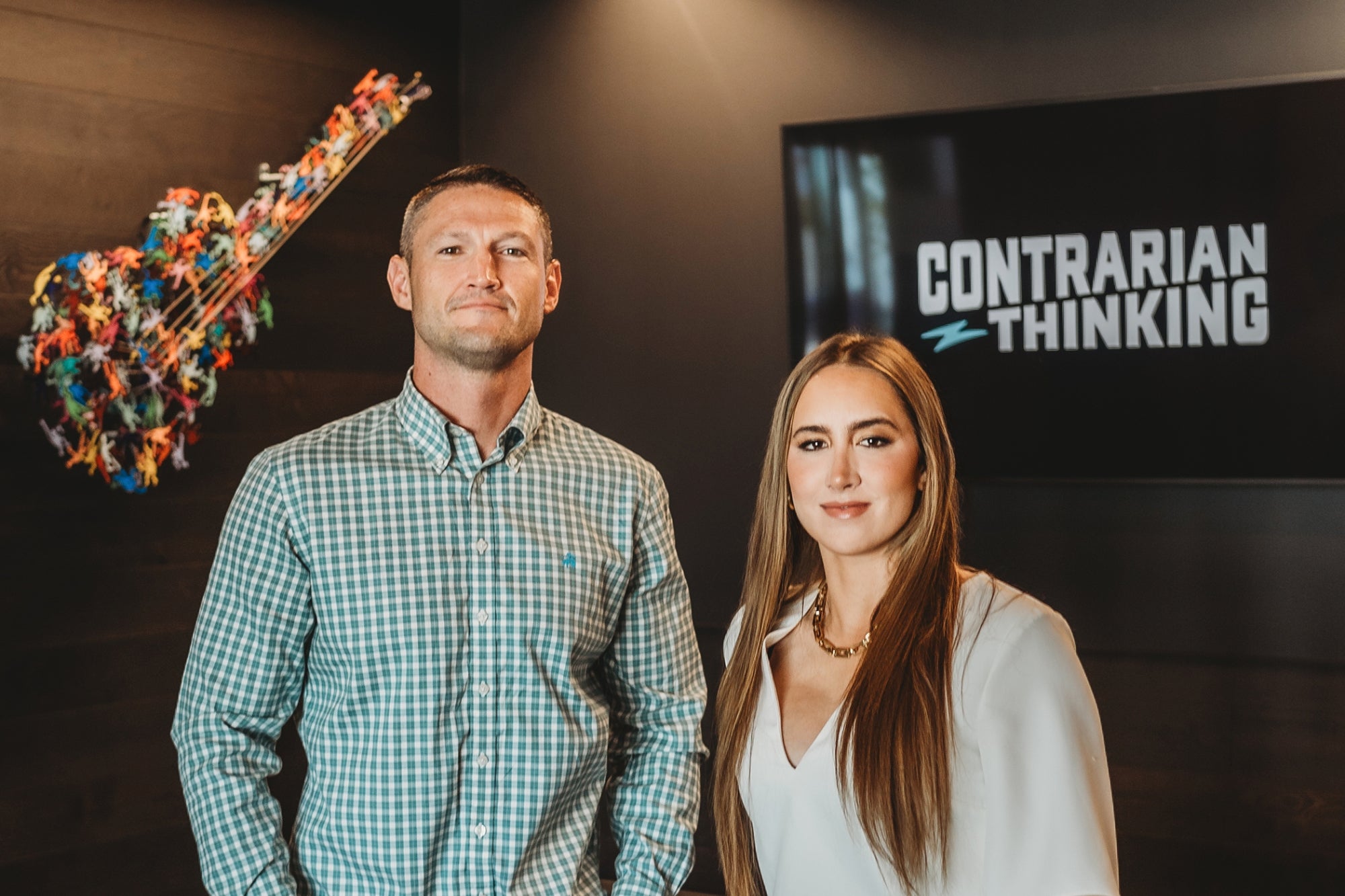Is Your Status Quo Killing Your Business? To rise above the competition, you'll have to question the sacred cows.
By Rebel Brown
The more things change, the more they stay the same -- especially in business. And that's the problem, according to global business consultant, Rebel Brown.
"As much as we all acknowledge how the world has changed over the last two decades, businesses and corporations tend to continue doing things the same way they've always done them," said Brown, a consultant who has worked with companies as diverse as Silicon Graphics, NeXT and Verity, as well as startups in the U.S. and abroad.
"I can't count the number of times executives have told me, 'Well, that's the way we've always done it.' The truth is that most companies talk about change far more than they actually engage in it. That's because they are afraid of making any change out of fear -- of Big Bang disruption, of the wrong change or of leaving the safety and comfort of the known. We're stuck in the way we've always done it -- and that's a big reason why our economy is stuck in neutral."
Brown, author of Defy Gravity, believes that the key to evolving and prospering is to not only challenge some of our most basic business assumptions, but, in some cases, to reject them outright. Brown has proven through her past client engagements that businesses that let go of the status quo will begin to rise above their competition, defying gravity in a sense. In order to start that process, Brown wants executives to start questioning some of the most common sacred cows of business, including:
It's Our Best and Biggest Seller -- Sometimes clinging to the cash cow can lead to a complacency that prevents new companies from staying in sync with what the market needs. Instead, these companies become slavish to the needs of one client, and ignore the changes in the marketplace. What's worse is that the big seller may represent strong revenue, but all the extra attention this client commands may actually mean that it's big only in revenue, but not in profits. What's worse is that your company may end up completely incapable of surviving if that big seller stops selling, because myopia has prevented them from evolving to meet the changing needs of their customers.
They're Our Biggest Customer -- Are they? Sometimes our best customer commands more attention than the rest, which cuts into the actual profitability of that customer. It may also take our attention away from other customers who could account for as much profit, if the time and effort were taken to help those relationships grow. Moreover, focusing on a very select set of big customers makes us myopic to the changes in our industries, often preventing us from capitalizing on other opportunities for growth and expansion.
It's a Huge Opportunity -- The big deal, the dream client, the huge order -- all things that businesses strive for -- may not wind up being that profitable in the long run. We'll discount, deal, sacrifice strategy, dedicate extra resources and throw out the baby, the bathwater and the tub to get those deals. And once we have them, we celebrate and take our victory lap, but what have we really won? We rationalize that we'll make up whatever we spent to get the deal over the lifetime of the contract. We justify the extra effort by thinking if we can get this big domino to fall, other big ones will follow. But the reality is that those plans aren't always sure things. Remember, huge opportunities aren't always inherently opportunities for success. They can be opportunities for failure, as well.
"Let's face it, two years ago, we never expected the emergence of social media as a way to communicate with and market to our customers and prospects," Brown added. "And five years ago, many didn't expect the web would become the major revenue driver it's become. So, if the world around us is changing so dramatically, so quickly, why do we cling to the oldest ideas in business? If we truly want to defy gravity, we must first untie the tethers that bind us to old assumptions. We can use our innate human abilities to learn to think differently about our businesses by listening to our markets and shifting our perspectives -- from gravity to growth."










